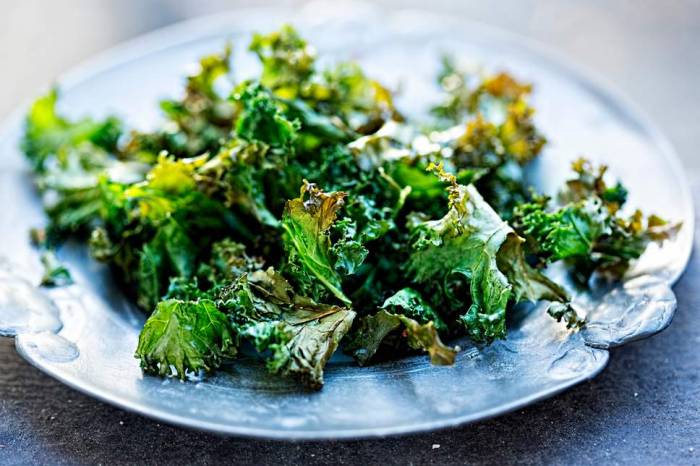Research conducted by the Francis Crick Institute in London has found that certain chemicals produced in these vegetables can reduce inflammation of the gut and the colon, thus decreasing the likelihood of colon cancer.
The study, which was published in the medical journal Immunity, explored the health benefits of a diet rich in indole-3-carbinol (I3C).
I3C is produced in the body when vegetables from the Brassica genus are digested.
Vegetables in the Brassica genus plant family include broccoli, cauliflower, brussels sprouts, cabbage and kale.
The researchers carried out the study by studying genetically modified mice and feeding them a diet rich in I3C.
They also studied mouse gut organoids, which are “mini guts” created from stem cells.
They found that the presence of I3C was able to prevent colon inflammation and cancer by activating a protein called aryl hydrocarbon receptor (AhR).
The first effect that this had was to stop the gut from becoming inflamed, as the AhR was able to send signals to immune cells and epithelial cells in the lining of the gut.
This consequently meant that the mice were less likely to develop colon cancer.
“We studied genetically modified mice that cannot produce or activate AhR in their guts, and found that they readily developed gut inflammation which progressed to colon cancer,” explains Dr Amina Metidji, postdoctoral fellow at the Francis Crick Institute and first author of the study.
“However, when we fed them a diet enriched with I3C, they did not develop inflammation or cancer. Interestingly, when mice whose cancer was already developing were switched to the I3C-enriched diet, they ended up with significantly fewer tumour which were also more benign.”
The results from the study led the team to the conclusion that consuming certain foods can play an important role in preventing certain types of cancer.
“Seeing the profound effect of diet on gut inflammation and colon cancer was very striking,” says Dr Gitta Stockinger, group leader at the Francis Crick Institute and senior author.
“We often think of colon cancer as a disease promoted by a Western diet rich in fat and poor in vegetable content, and our results suggest a mechanism behind this observation.”
Dr Stockinger continues, explaining that while environmental and genetic factors may still impact a person’s probability of being diagnosed with cancer, eating healthy foods is a very effective form of prevention.
“These findings are a cause for optimism; while we can’t change the genetic factors that increase our risk of cancer, we can probably mitigate these risks by adopting an appropriate diet with plenty of vegetables,” Dr Stockinger explains.
The researchers hope to carry out further experiments on organoids made from human guts and then during human trials in future.
The Independent
More about: health















































